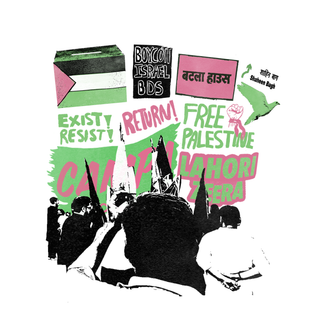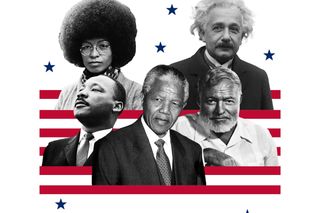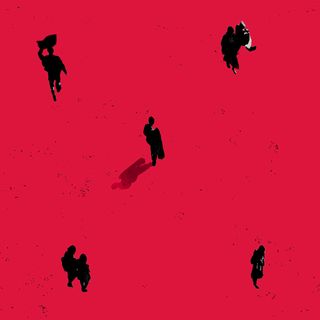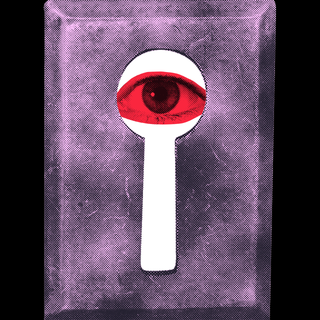
Who Goes on America’s Watchlist?
We look at some notable individuals, and why the US government looked into them.

The United States of America’s many watchlists and no fly lists are, as The American Civil Liberties Union notes, often “based on vague, overbroad, and often secret standards and evidence.” The most cited example is that of Nelson Mandela’s name on America’s terrorism watch list: according to Time Magazine, a decisive factor was the African National Congress’ (ANC) change in policy wherein activists felt violence was justified to end apartheid. When the ANC went underground after the government banned it, Mandela led its military wing. Later, he said: “The armed struggle [with the authorities] was forced on us by the government.” US President Ronald Reagan insinuated that “elements” of the ANC were engaging in “calculated terror.”
Mandela is not alone. Black civil rights leaders in America have also been under extensive surveillance or on watch lists, as have organizations like Greenpeace (though the FBI now maintains that Greenpeace and other environmental groups were “improperly” put on the agency’s terrorist watchlist). Even Ernest Hemingway was a part of it – with close acquaintances claiming that FBI surveillance pushed him into deep anguish and eventual suicide. And so was Albert Einstein – with uncovered reports showing J.Edgar Hoover’s long campaign to link Einstein to Soviet espionage. As of 2023, USA’s watch list has nearly doubled in six years to 2 million names, according to CBS News. Many on the list find themselves arbitrarily treated with suspicion, surveillance and travel restrictions – and per the Department of Homeland Security, nearly 98% of those who complained about being treated with unfair suspicion were “false positives,” or people whose names were similar to others on the list. A majority of those names, moreover, are Muslim – as Mayor Mohamed Khairullah of Prospect Park, New Jersey, found out when his own name was on the 2019 travel watch list, according to leaked files obtained by the Council on American-Islamic Relations (CAIR). As of August this year, two Palestinian-Americans have filed a lawsuit against the US Government for putting them on a no-fly list, allegedly because of their activism against Israel.
The country has a long history of placing people under surveillance or on watch lists — many of them famous for being on the right side of history today. We look at some notable individuals, and why the US government looked into them.







Related


Can Survivors of Gender-Based Violence Seek Asylum?
